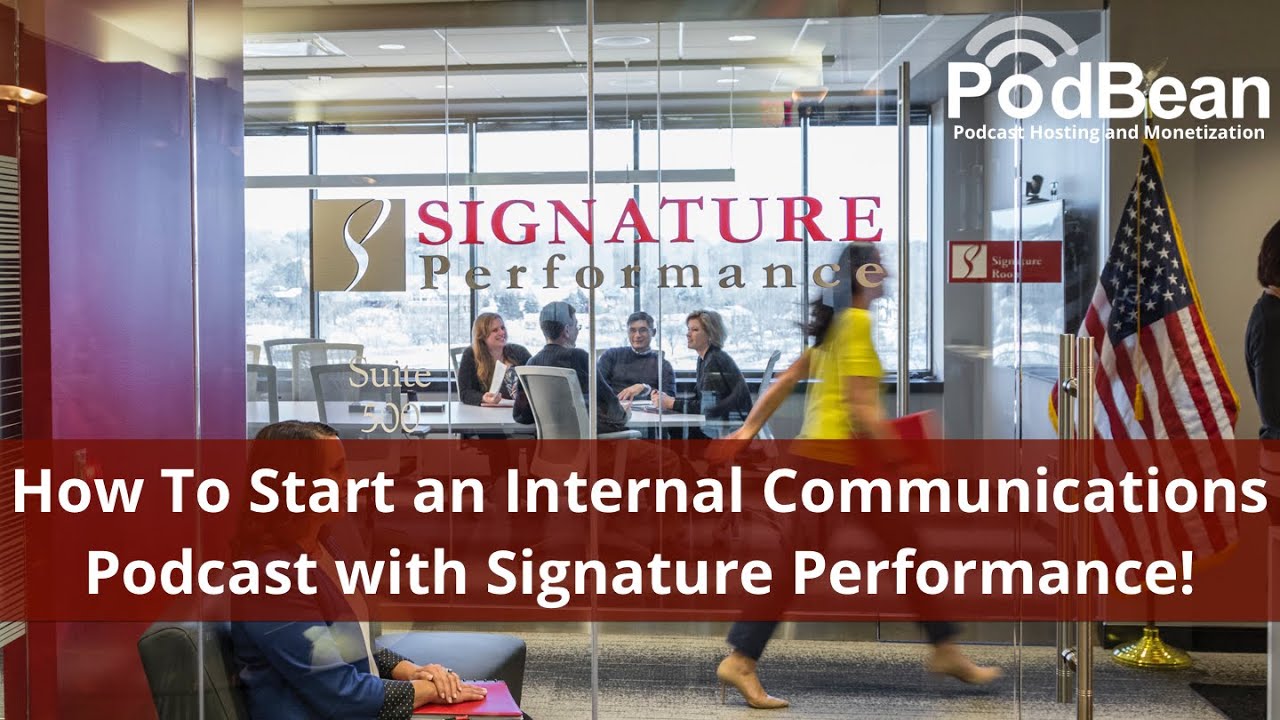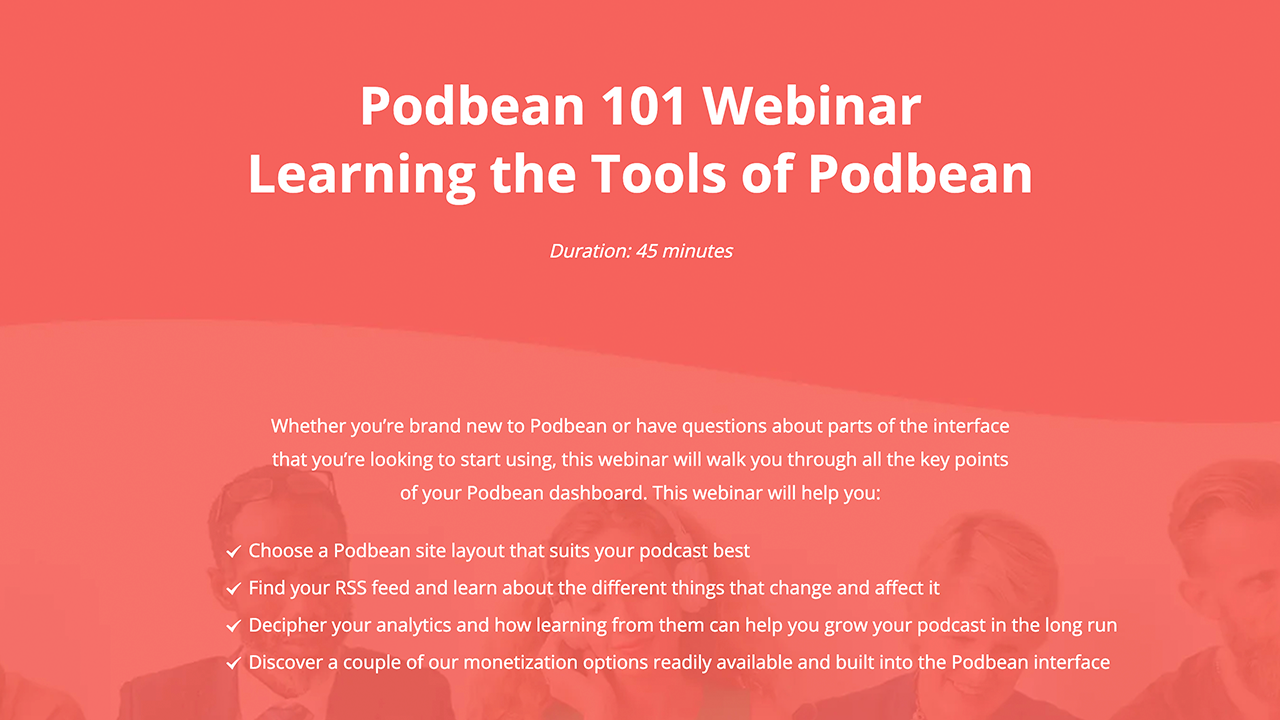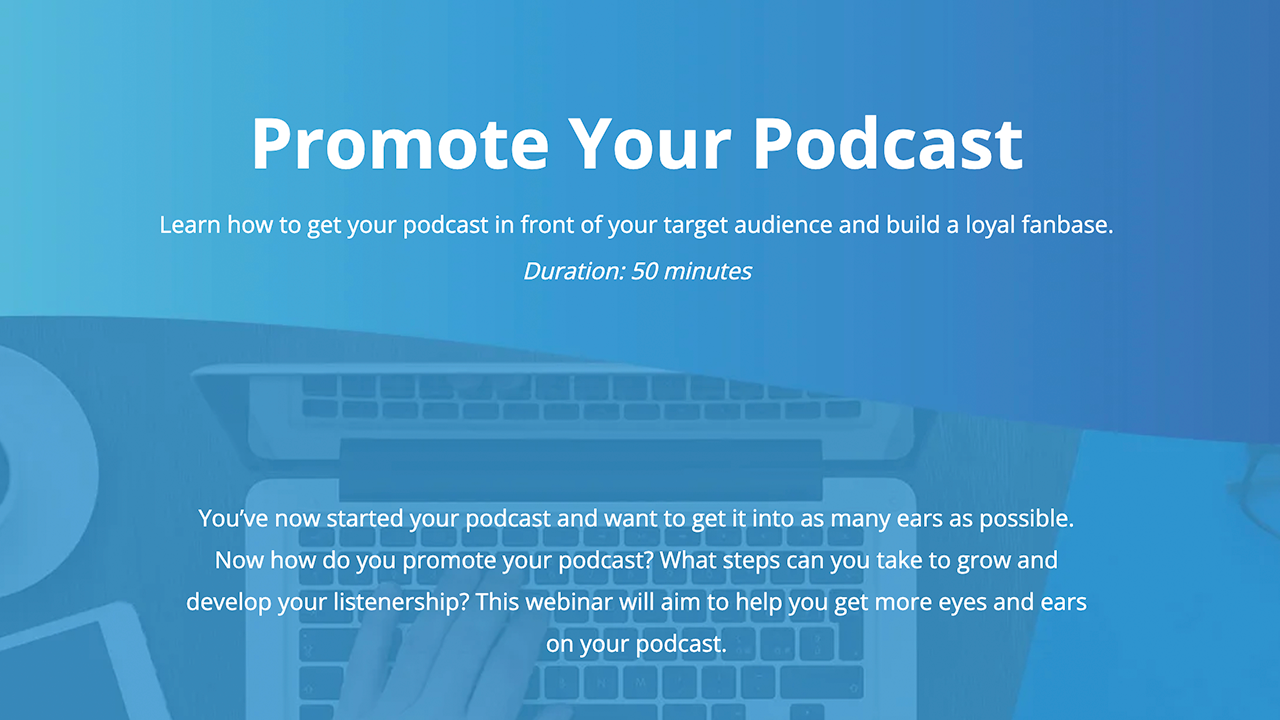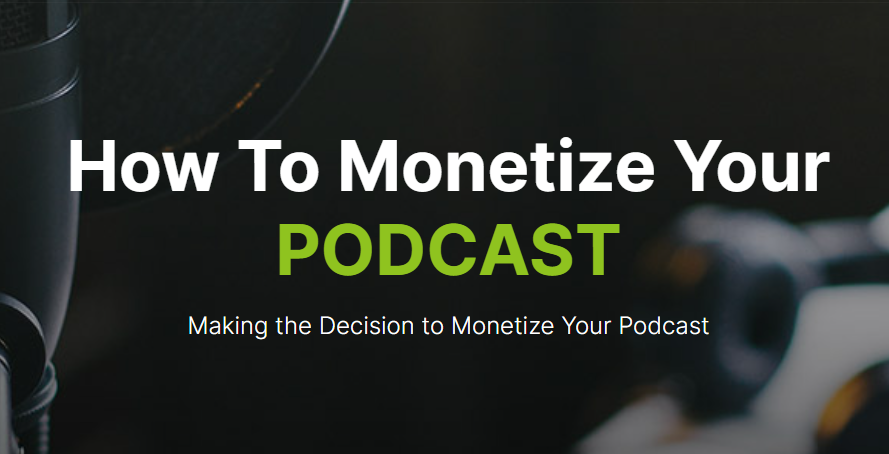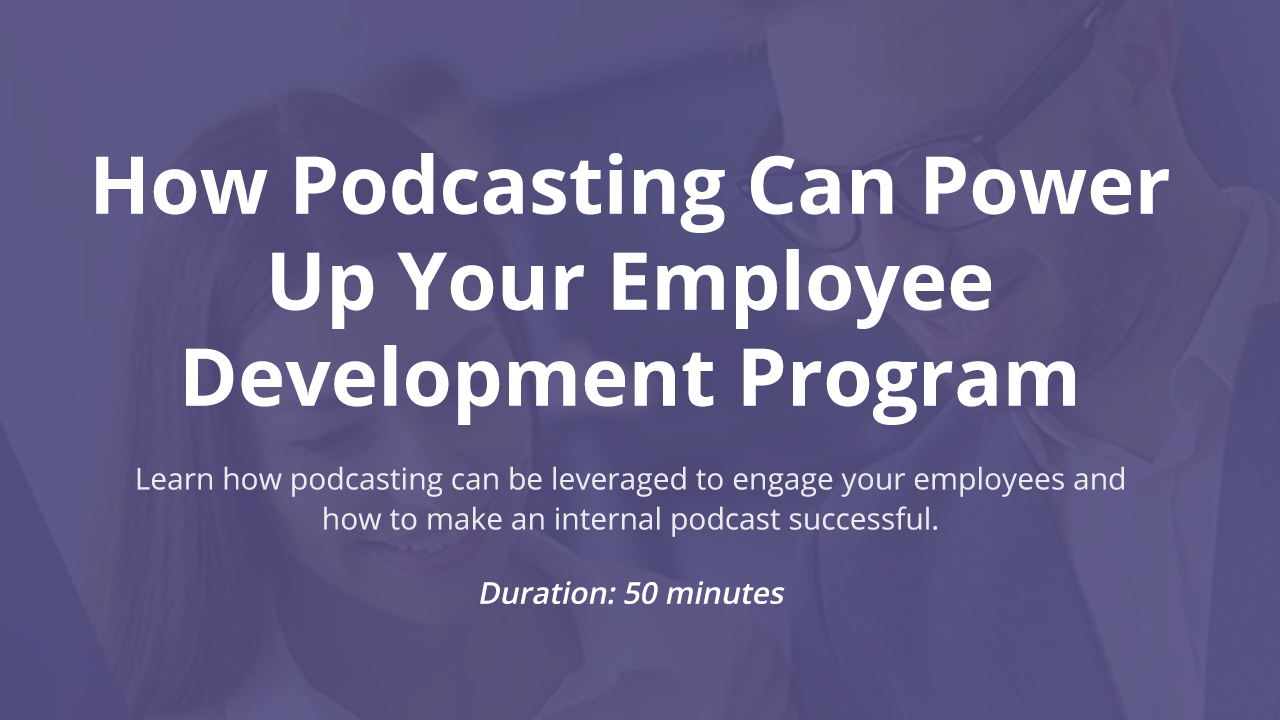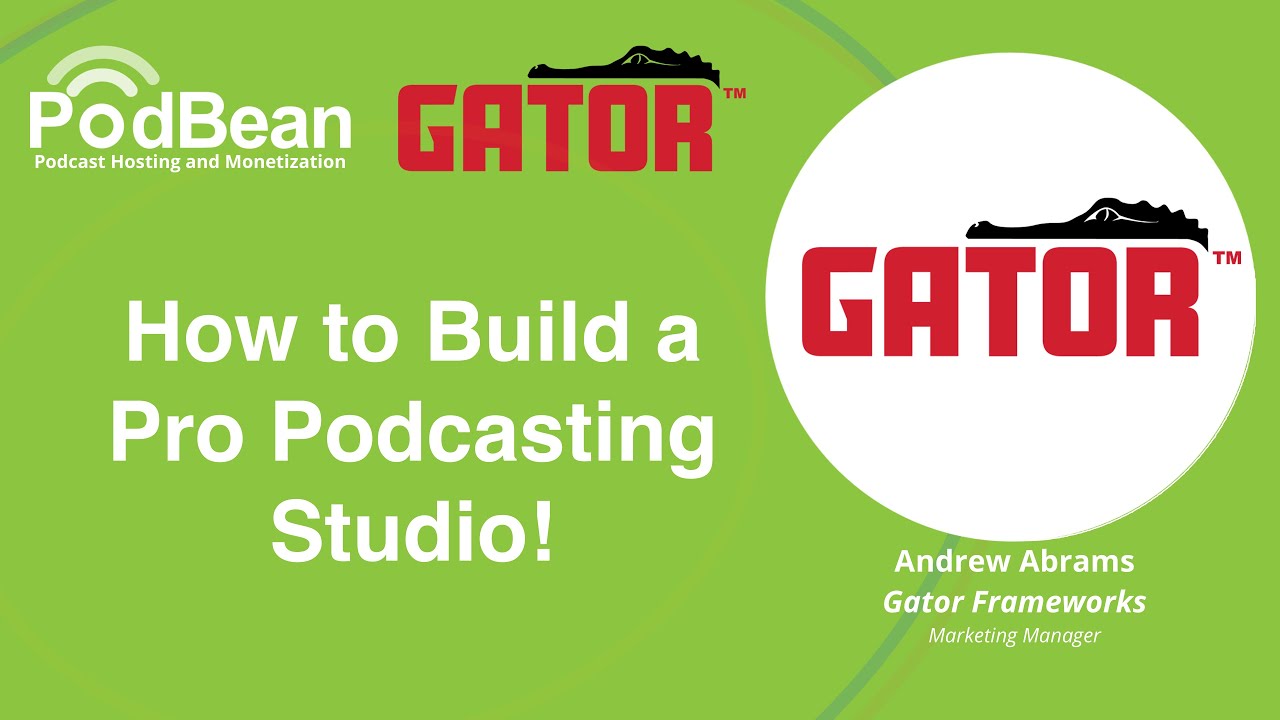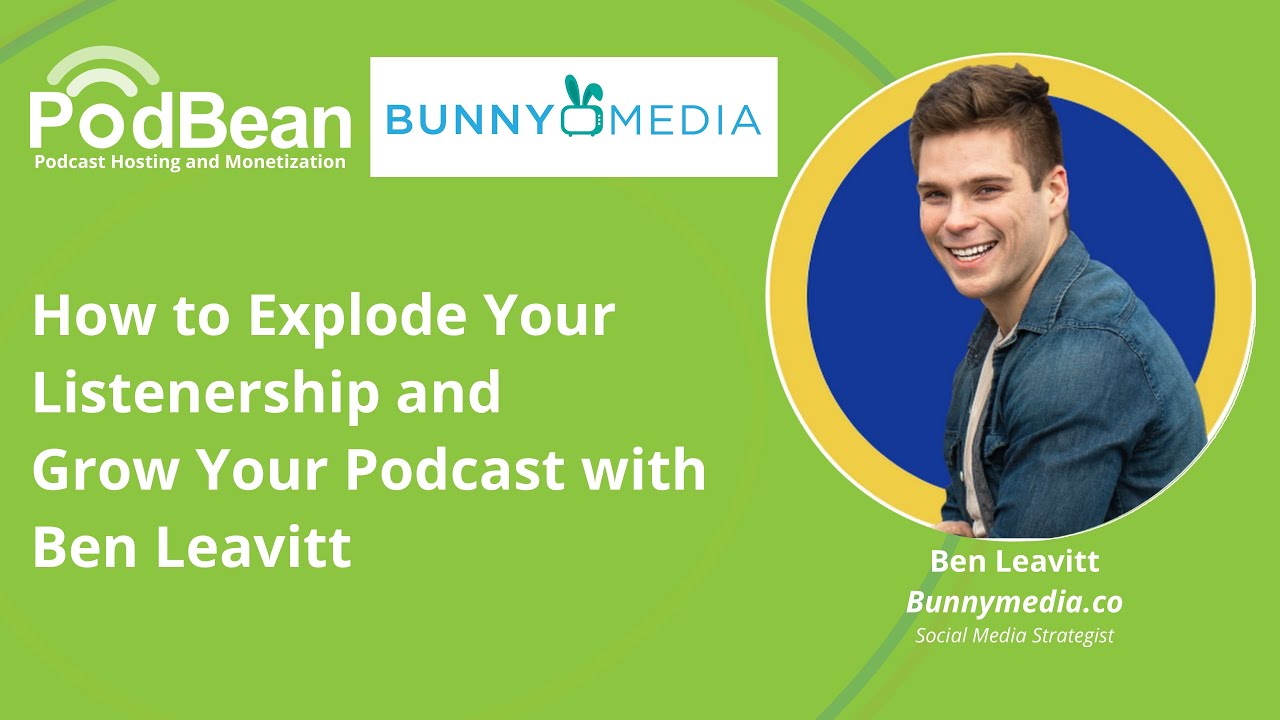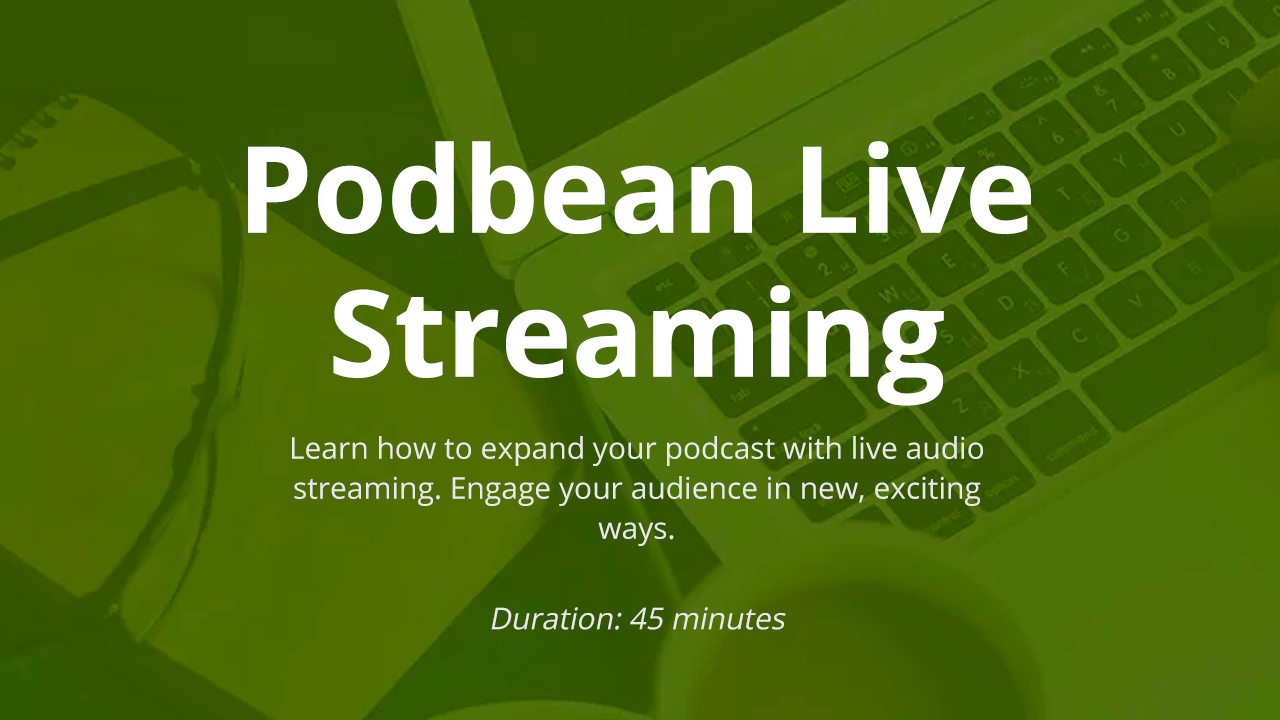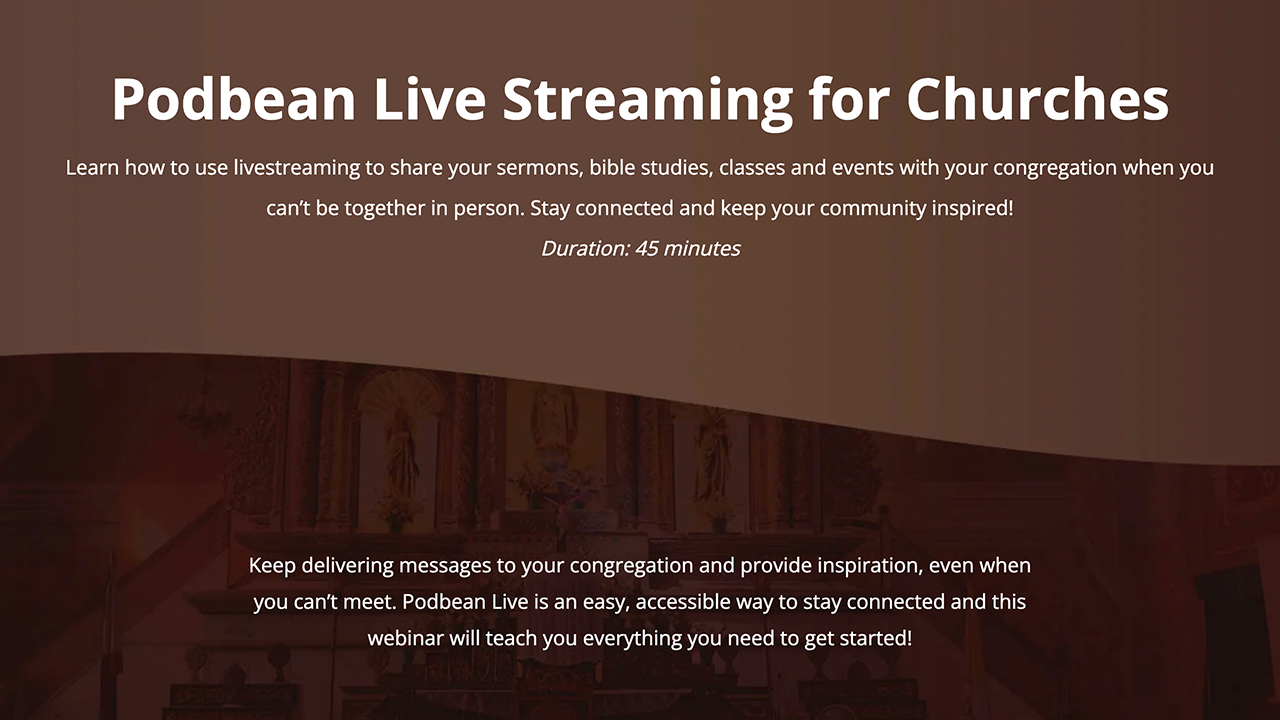Giving Your Ambassadors a Voice
What happens when the way your leaders connect with their teams is removed overnight? Many enterprises have faced this question as a result of the COVID-19 pandemic. Lockdowns and remote work meant that management was disempowered and disconnected from their team at a time of great challenge.Podbean connected with Mark Mathia, Chief Experience Officer at Signature Performance, to hear about how they faced this challenge. Signature Performance works in the field of healthcare administration. Signature Performance recognized the fear and uncertainty that their people were experiencing and knew they needed a tool that brought people together in a deeper way. We joined Mark to find out more about how Signature Performance leverages its management team as ambassadors on its podcast.Why Podcasting?Corporate communications, branding, and marketing are all within Mark’s areas of responsibility. So when 80% of the Signature Performance’s workforce went remote in response to the threat of the pandemic, Mark’s team needed to pivot quickly.Isolation is not good for employee morale, especially in a time of widespread fear and economic uncertainty. Signature Performance felt that remote work left people feeling disconnected and lonely at times. Mark and his team decided that the benefits of actually hearing their colleagues’ voices would create a deeper human connection across the team. They also wanted to meet people where they were with something easy and convenient to digest, which is how they landed on podcasting and their target episode length.How Do You Use Podcasting?Signature Performance uses podcasting for internal communications. There are three strands to this implementation:Primarily, Mark uses podcasts as glue to connect his teams and people. Signature Performance uses podcasts to give their leaders an effective way to lead and inspire their remote teams. That is, to re-enable management to be ambassadors for the company.Signature Performance also uses podcasts as a way to connect with and better equip their management teams. By using Podbean’s secure podcasting platform to deliver their channel content privately, Signature Performance has shared “classified” information within their own management teams to communicate changes in strategy and vision.Finally, Signature Performance captures evergreen materials from podcasts and upcycles that material into training programs. The podcasts provide key information that can be more easily retained and reused.How Is the Podcast Created?Mark tells us that the process is extremely easy with Podbean (thanks Mark, we worked hard to make it so!). Mark works with his team to determine what materials are required. Part of that process involves surveying within their teams to identify what their content needs are across each quarter.The equipment used is basic, typically just a laptop and microphone. Signature Performance applies a hosted interview format to assist those content providers through the process. Also, one team member takes responsibility for the post-processing of the audio material before the podcast is released.Signature Performance’s approach is to channel content toward a particular target group. Their belief is that creating curated, targeted content is the most effective strategy for creating high levels of engagement. They also focus on curating content for the people who are their biggest center of influence, their management team.What Are the Benefits of Corporate Podcasting?The simple answer, connection.Signature Performance’s business model evolved rapidly during the pandemic – as the needs of the healthcare providers changed. This meant that new strategies had to be communicated effectively, at speed, across a scattered team. So, what did podcasts offer over MS Teams or Zoom? The element of storytelling; a deeper and richer experience than offered by the written word. There’s also the element of convenience for team members to listen and relisten as they wish.Signature Performance also used podcasts as a way to introduce new members of management. The changes to the business model brought new additions to their C-suite team. By creating podcasts, these managers were able to introduce themselves across the company in a personal way that communicated the essence of their personalities, not just their words.As Mark says, the impact of management sharing their vision for the future comes across much more strongly when presented in their own voice.Is There Any Take-Home Advice?Mark’s advice is to leverage podcasts to give your management team their voice back. He says: “get a microphone that’s clear and get a message that’s impactful”. He also reinforces that podcasting is an efficient way to communicate in terms of time, effort, and expense.Mark recommends patience. Mark says, “Early adoption doesn’t often happen in droves...but believe in what you’re doing and just get started.” Don’t expect immediate take-up, do expect to build the podcasts like a brand. Form the habit and let it grow.Perhaps the key take-away is not to underestimate the power of voice. Mark strongly believes that voice goes beyond the written word. Mark’s premise is that the essence of a person’s tone and inflection, sincerity, and confidence comes across in podcasts in a richer way that is possible through emails and newsletters.
